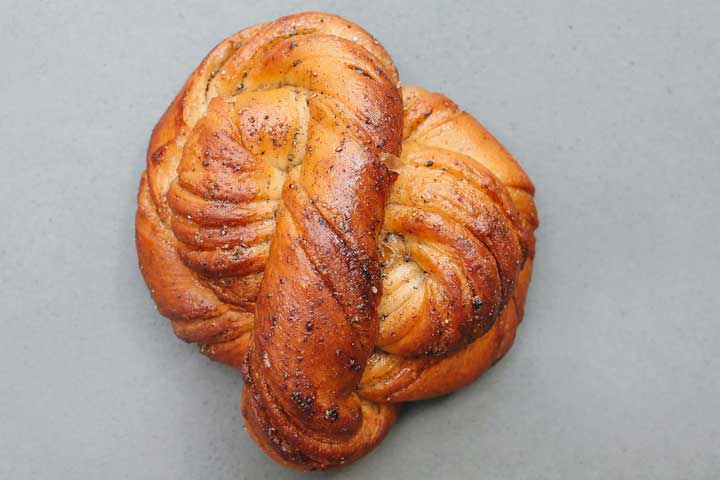Carbohydrates are one of three substances that give our bodies energy, the other two being fats and protein. It can be further broken down into simple and complex carbs. Simple carbs, which are just sugar, are the most harmful to your health. Complex carbs, on the other hand, are found more in whole grains and vegetables.
Low carb diets are popular for several reasons, and maybe they can help you to achieve a healthier life. If you were looking to learn about what a low-carb diet is, foods to avoid, and health benefits, you came to the right place.
What Is a Low Carb Diet?
Simply put, a low-carb diet is where you try to reduce your intake of carbs as much as possible. Carbohydrates are mainly found in grains, vegetables, and fruits. However, there are other hidden sources of carbs you want to be aware of.

Foods to Avoid
These are some of the main foods you’ll be looking to avoid as part of a low-carb diet.
Refined Sugar
Sugar has been linked to several diseases, namely diabetes, and obesity. Foods like carbonated beverages, fruit juice, chocolate, pastries, candy, and other sweets should be avoided. These are some of the main sources of sugar.
Low Fat/Reduced Fat Products
You may be tempted to go for the low-fat ice cream or yogurt, thinking it’ll be the healthier option. However, there’s one thing you need to watch out for. To compensate for the removed fat, manufacturers often add sugar to these products. So, although it’s lower in fat, it can be a hidden source of sugar.
Starchy Vegetables
We all love french fries or a nice baked potato, but unfortunately, this vegetable falls right into this category. Other examples include beets, squash, carrots, corn, and peas. These vegetables tend to be higher in calories than others.
Other Grains
This category includes things like bread, cereal, pasta, and crackers. If you want to avoid carbs, these will be another important group to avoid.
Foods to Enjoy
On the other hand, these are some of the foods you can enjoy while on a low-carb diet.
Fish
Fish is an incredibly healthy protein source and an alternative to red meat. Try to pick fish high in Omega 3s such as salmon, cod, tuna, sardine, and lake trout. Wild-caught fish is also better than farmed.
Eggs
Eggs are another quality source of protein with several important nutrients. Omega 3 enriched eggs or free-range are the ideal choices. Although the cholesterol in eggs has been a source of controversy, dietary intake typically has little effect on your blood levels.
Nuts & Seeds
Nuts are an extremely nutritious snack rich in many different minerals and vitamins such as selenium, magnesium, phosphorus, and Vitamin E. It’s also one of the best vegan sources of protein. Finally, nuts are also rich in healthy unsaturated fats. Seeds are also a healthy fiber source, which can be important in a low-carb diet.
Dairy
You can still continue to enjoy most dairy products with no problem. This includes milk, cheese, yogurt, butter, and cream.
Meat
Meats like chicken, beef, pork, and lamb will likely continue to be a major part of your diet. We recommend focusing on lean meat and limiting red meats.
Why Do People Go On A Low Carb Diet?
One of the main reasons is to lose weight. Carbs are converted into glucose in the body, and unused glucose is stored as fat. So, too many carbs can ultimately lead to more weight gain. By reducing carbohydrates, the goal is also to reduce fat formation. However, there are other benefits too.
Lower Risk of Diabetes
Since glucose comes from carbohydrates, this diet will also result in lower blood sugar levels. With that also comes lower insulin and a reduced risk of insulin resistance. One study from Nutrition & Metabolism has even suggested it as a potential treatment for diabetes.
A Few Dangers To Be Aware Of
While this diet can do wonders for your weight loss and overall health, you should be aware of a few potential pitfalls so you can avoid them. Since fruit and vegetables are an important source of many vital nutrients and antioxidants, limiting them could lead to some nutritional deficiencies.
That’s why it’s important to properly plan what you’ll be eating and check nutritional labels to make sure you’re covering all the bases. A low-carb diet can take considerable effort and planning on your part.
Vegetables and whole grains are also important sources of fiber. It’s possible you may experience constipation early on. Don’t forget that seeds can be a quality fiber source. It’s essential that you also continue drinking adequate amounts of water.
Conclusion
A low-carb diet doesn’t mean you have to eliminate carbs totally. Remember, it’s a low-carb diet, not a zero carb one. That means you can still have some of the foods you love, just in smaller amounts. It’s usually recommended you keep the carb intake below 50g per day.










